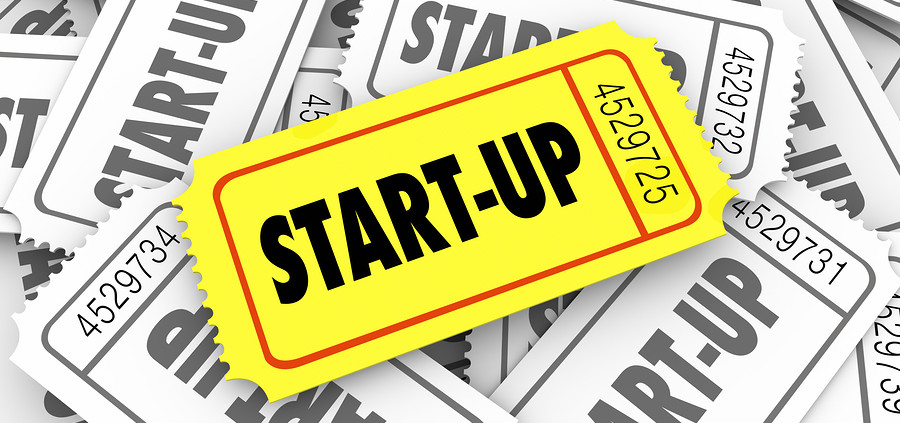What Makes Your Company Unique?
There are unique attributes of a company that make it more attractive to a possible acquirer and/or more valuable. Certainly, the numbers are important, but potential buyers will also look beyond them. Factors that make your company special or unique can often not only make the difference in a possible sale or merger, but also can dramatically increase value. Review the following to see if any of them apply to your company and if they are transferable to new ownership.
Brand name or identity
Do any of your products have a well recognizable name? It doesn’t have to be Kleenex or Coke, but a name that might be well known in a specific geographic region, or a name that is identified with a specific product. A product with a unique appearance, taste, or image is also a big plus. For example, Cape Cod Potato Chips have a unique regional identity, and also a distinctive taste. Both factors are big pluses when it comes time to sell.
Dominant market position
A company doesn’t have to be a Fortune 500 firm to have a dominant position in the market place. Being the major player in a niche market is a dominant position. Possible purchasers and acquirers, such as buy-out groups, look to the major players in a particular industry regardless of how small it is.
Customer lists
Newsletters and other publications have, over the years, built mailing lists and subscriber lists that create a unique loyalty base. Just as many personal services have created this base, a number of other factors have contributed to the building of it. The resulting loyalty may allow the company to charge a higher price for its product or service.
Intangible assets
A long and favorable lease (assuming it can be transferred to a new owner) can be a big plus for a retail business. A recognizable franchise name can also be a big plus. Other examples of intangible assets that can create value are: customer lists, proprietary software, an effective advertising program, etc.
Price Advantage
The ability to charge less for similar products is a unique factor. For example, Wal-Mart has built an empire on the ability to provide products at a very low price. Some companies do this by building alliances with designers or manufacturers. In some cases, these alliances develop into partnerships so that a lower price can be offered. Most companies are not in Wal-Mart’s category, but the same relationships can be built to create low costs and subsequent price advantages.
Difficulty of replication
A company that produces a product or service that cannot be easily replicated has an advantage over other firms. We all know that CPA and law firms have unique licensing attributes that prevent just anyone off of the street from creating competition. Some firms have government licensing or agreements that are granted on a very limited basis. Others provide tie-ins that limit others from competing. For example, a coffee company that provides free coffee makers with the use of their coffee.
Proprietary technology
Technology, trade secrets, specialized applications, confidentiality agreements protecting proprietary information – all of these can add up to add value to a company. These factors may not be copyrighted or patented, but if a chain of confidentiality is built – then these items can be unique to the company.
There are certainly other unique factors that give a company a special appeal to a prospective purchaser and, at the same time, increase value. Many business owners have to go beyond the numbers and take an objective look at the factors that make their company unique.
iqoncept/Bigstock.com
Copyright Business Brokerage Press, Inc.






